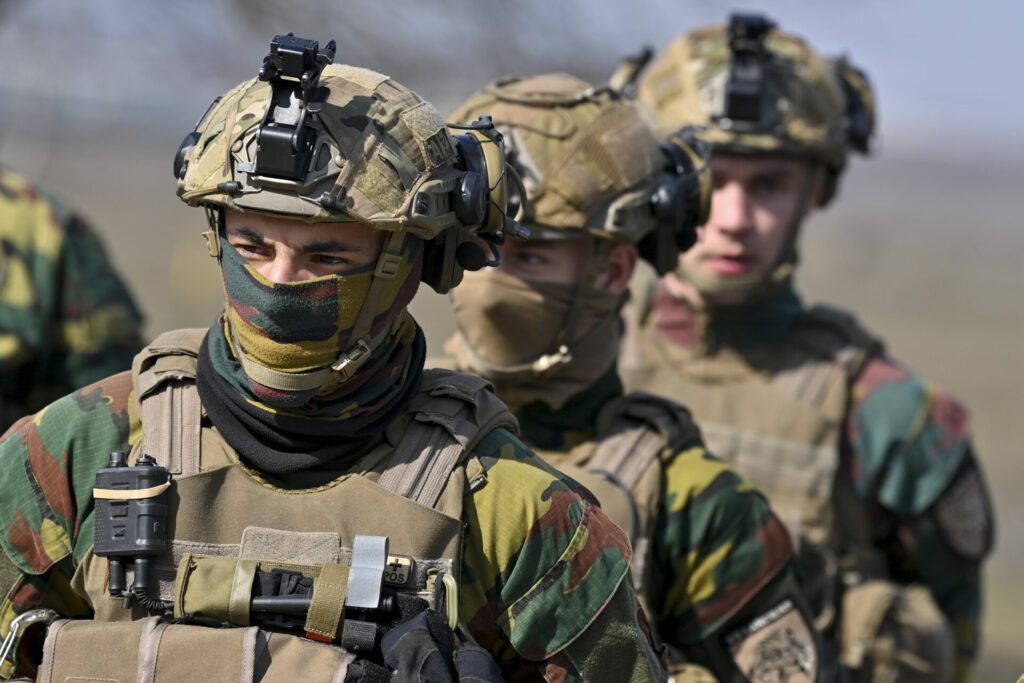The arms deficit looms large in Ukraine and with the fears growing that American aid will end, Europe finds itself under increasing pressure to adopt a "war economy". Calls led by Charles Michel, President of the European Council, aim to fortify European defence capabilities through joint procurement initiatives and easier access to finance.
However, exactly what a war economy would mean for the EU remains unclear, prompting questions about the bloc's preparedness and the financial burden it would bring.
Michel's recent calls sparked discussions across Europe. In a letter to heads of state, he insisted that "If we want peace, we must prepare for war". And whilst this unquestionably would mean greater spending on defence, commentators have wondered to what extent the EU's economic framework could be reorganised to allow for this.
An overhaul could extend beyond acquiring weaponry to encompass the production of military vehicles and advancements in cyber technology, such as safeguarding critical infrastructure with drones and underwater systems in the North Sea.
Peace at what cost?
Despite NATO's longstanding goal for member states to allocate 2% of their GDP to defence, Belgium consistently falls short of this benchmark and struggles with the exodus of industries due to high labour costs. Questions linger over whether Belgium possesses the necessary infrastructure and workforce for such a transition, especially given the urgency imposed by the crisis in Ukraine.
With the United States facing challenges in approving new military aid packages, the responsibility for European defence falls squarely on the continent. Experts warn that delays in bolstering defence capabilities could embolden Russia, particularly as the spectre of Donald Trump's potential re-election looms large.
Debates among European leaders centre on financing these initiatives. Suggestions range from issuing defence bonds to utilising frozen Russian assets, although concerns about the latter's implications on international legal order persist.
Ultimately, the burden of financing a 'war economy' would to a large extent fall on taxpayers. It would also signal a paradigm shift for Europe, which has long relied on US defence expenditure. However, uncertainties about geopolitical developments require careful consideration of Europe's long-term strategic interests.

